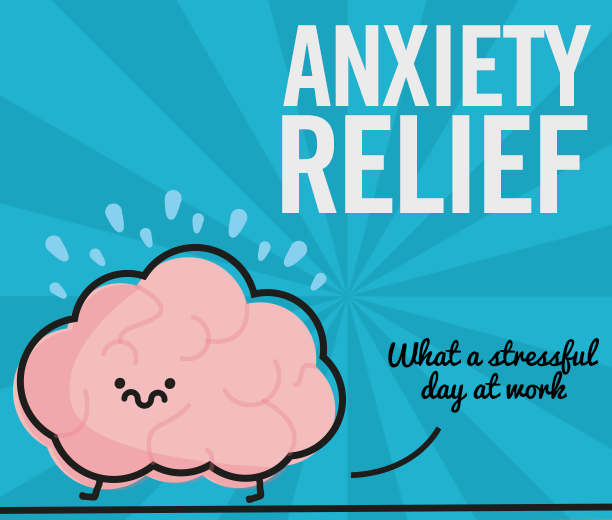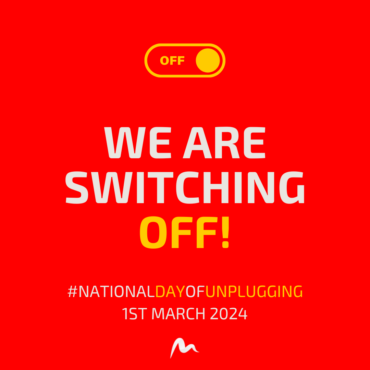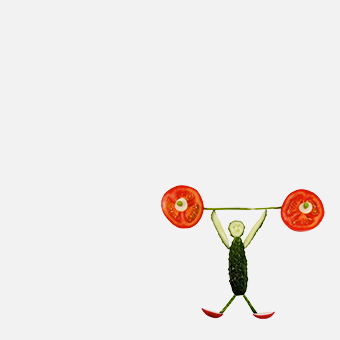Anxiety is the name for those tense, worried, nervous feelings that we all get at from time to time. They are often caused by uncertainty – maybe exams, a new job, moving house or illness.
The benefits of exercise on our physical health have been long acknowledged, but activity is also vital for maintaining mental fitness and reducing stress.
Anxiety is increasingly common
As our lives become busier, jobs become more demanding and family life more complex, many of us struggle to juggle everything and look after ourselves as well. Anxiety is becoming a more common complaint, and is regularly featured in the media.
Since 2011, the charity Anxiety UK has seen a 10% increase in calls and emails to its support network. Meanwhile, NHS figures show outpatient appointments for anxiety disorders have increased five-fold since 2007. Prescriptions for tranquilisers rose by 13% in the past four years, and for antidepressants – often used to treat panic attacks – by 38%.
If you are feeling tense or agitated about ordinary things and it is affecting your everyday life, then you may be one of the 20% of Britons who suffer some form of anxiety disorder.
Symptoms of anxiety
The mental symptoms can range from a feeling of unease through to depression. Frequently sleep is affected, and under or overeating is common. When stress affects the brain, with its many nerve connections, the rest of the body feels the impact as well. There are often physical symptoms such as:
- Racing heartbeat
- Breathlessness
- Chest tightness
- Dry mouth
- Butterflies in stomach
- Nausea
- Urge to go to the loo
- Shaking
- Sweating
Anxiety relief and prevention
Scientists have found that regular aerobic exercise can decrease tension, stabilise moods and improve sleep. Exercise and other physical activities produce endorphins, which are chemicals in the brain that act as natural painkillers. Exercise also improves the ability to sleep, which in turn reduces stress. It also uses up the body’s excess adrenalin which is caused by the anxiety.
Regular exercise can reduce the symptoms of anxiety and depression, and a workout can be a key factor in self-managing your symptoms. Sometimes when we are feeling down we have low energy, which can put us off exercising. But rest assured, regular exercise can really help you. If your symptoms persist you should consult your GP.
Exercise for treating anxiety
So if you think getting active could help you, then why not try….
Walking in nature
Many people find that after just 5 minutes exercising in the open air their anxiety is reduced. Choose an activity that appeals to you; maybe a walk in the park with a friend, a stroll along a river or a bit of gardening would be beneficial. Get out and go green! In addition, houseplants can also do wonders for your mental health.
Running
Some of us like to push our body physically, and the feelings that harder exercise promote can be powerful. If this sounds like you, then reach for those trainers and get moving!
Yoga
Maybe some mind and body exercise is more your cup of tea. Lots of people find that the concentration and controlled movements of yoga changes their thought patterns and reduces anxiety.


















